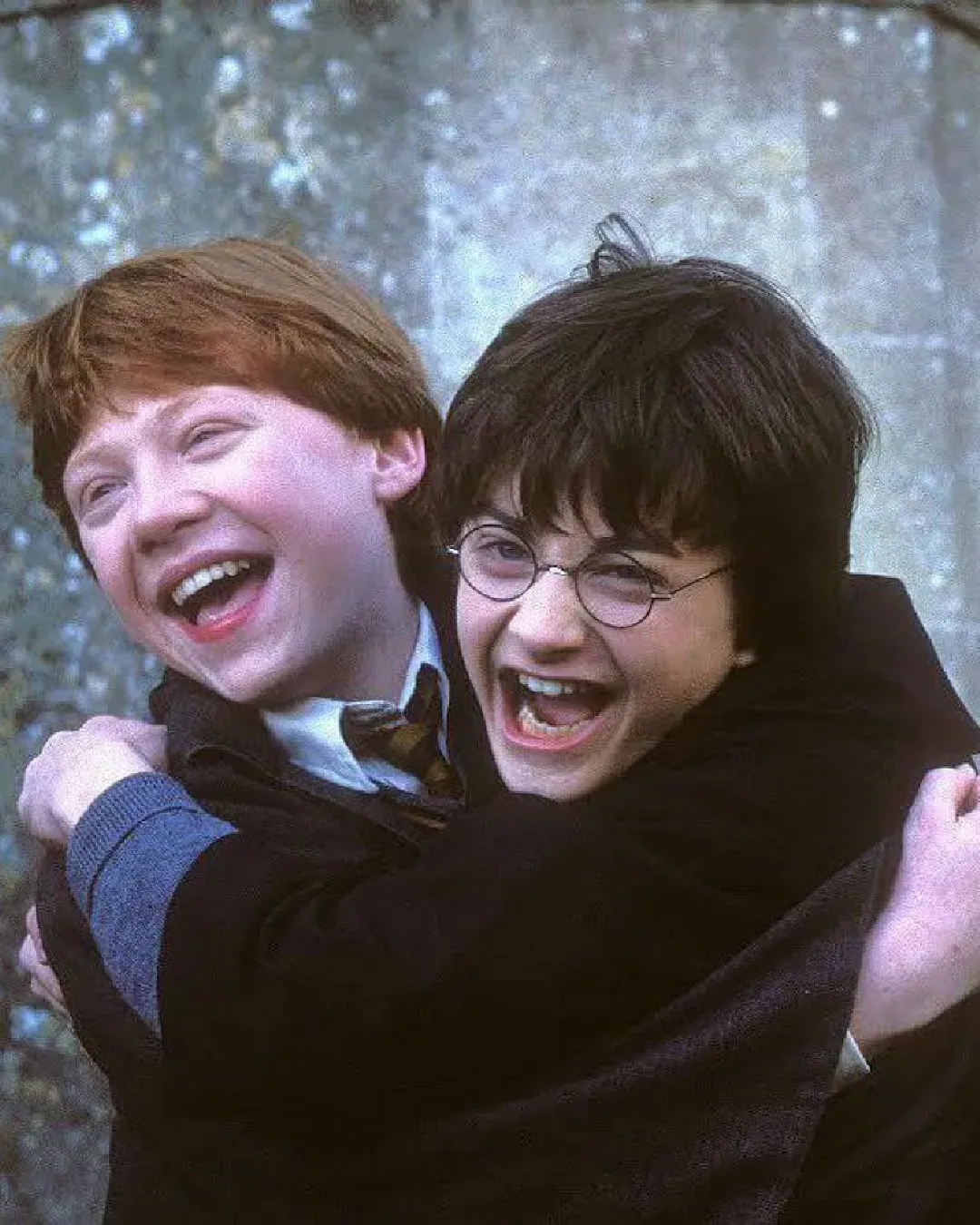
Gen Z has a thing for hallucinogens Young, beautiful, sober and dissociated
Of Generation Z and their life habits so different from previous generations, many things have been said. From going to bed early to giving up alcoholic beverages, in the public imagination, the emerging portrait speaks of a plethora of young people as introverted, inhibited, touched by economic uncertainty, and by an increasingly complex socio-political panorama. From an international study published in the scientific journal Social Science & Medicine, it appears that among the behaviors of adolescents in high-income countries between 1999 and 2019, there has been a drastic and gradual percentage decrease in the so-called "risky behaviors", spread more or less evenly across all analyzed countries. Compared to the late nineties, boys and girls smoke less, consume less alcohol, take less cannabis, have their first sexual experiences later, and commit fewer crimes. Yet, despite the issue of mental health having become a generational manifesto, today's youth still know how to have fun, they simply do it differently, and often drugs are involved. During the lockdown, several studies have emphasized how younger people were replacing alcohol with psychedelic substances, while one in five experimented with microdosing. Hallucinogens, often labeled as "antisocial" drugs, had their moment of glory during the confinement, but the use of mushrooms, LSD, 2C-B, DMT, and ketamine continued to increase even when the COVID emergency subsided, surpassing MDMA and ecstasy in the ranking of the most used drugs.
@elevatewithelliestiles Replying to @Jessica Fenty #mushrooms #consciousness original sound - Ellie Stiles
Mia Levitin on The Spectator wonders if the scientific advancement in psychedelics hasn't eroded the stigma around such substances over the years. On one hand, there is a greater knowledge of the subject and the normalization of drugs that, once symbols of the sixties counterculture, now appear more commonplace and accessible. Even Elon Musk has stated that he takes "small doses" of ketamine every two weeks to treat depression, under medical prescription. Microdosing is a phenomenon increasingly cross-generational and doesn't presuppose the consumption of a specific category of drugs: according to LifeSearch, one in ten adults is currently practicing microdosing with a 43% increase since the beginning of the Pandemic. But the recreational use of hallucinogens is becoming a defining trait compared to the clubbing and raving experiences of Gen Z. Specifically, LSD usage rates have reached the highest level since 1982, data five times higher than the rates recorded in the mid-2000s.
men do shrooms n acid to have the same realizations i have when i’m in the shower
— ɳყαɦ! (@JINKIESBTCH) March 25, 2024
Gen Z is an increasingly teetotal generation seeking to redefine the canons of fun or trace new trajectories in trying to achieve it. A tangible testimony to this is the drastic decline in alcohol popularity: among US adults, the Gallup site has shown that the age group between 35 and 54 is more prone to drinking alcohol (70%) compared to Gen Z (60%) and Boomers (52%). If alcohol consumption represented an indispensable form of leisure for Millennials, with disdainful glances at the few who dared to call themselves teetotalers, today's youth are not satisfied with just a decrease in inhibitions. Fun for Gen Z also involves dissociation. The countercultural mantra of the '60s was "tune in, turn on, drop out" by Timothy Leary, an American writer, psychologist, and actor known for his advocacy of psychedelic drug use. But fMRI scans, examinations that detect the connections between brain activation and the tasks the subject performs, have shown that instead of "tuning in," psychedelic substances rather allow the mind to "dissociate." When the DMN (the network of cortical and subcortical regions activated when the individual is in full wakefulness) goes offline, a patient is able to break free from recurring thought patterns, including ideas and beliefs about the world and one's sense of self, allowing the brain to form new connections. For Gen Z, fun is not just a yearning for lightness but above all an attempt to escape from a reality often too different from their expectations.














































